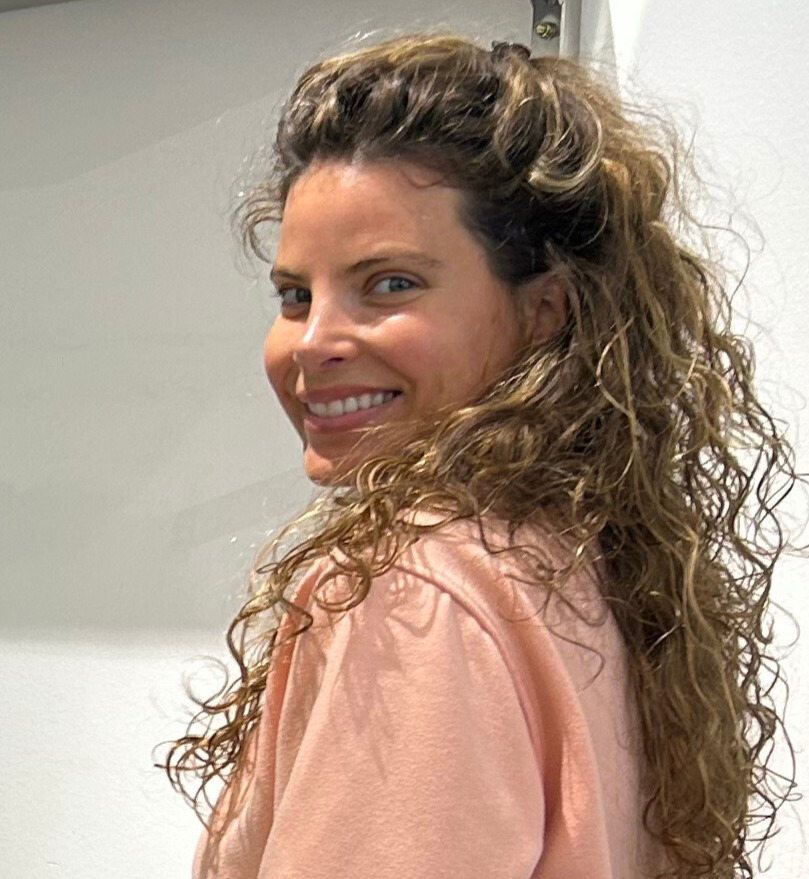This then enabled us to divide the overall project into several stages and incorporate elements specific to the Giraudi Group. This is where the Group's technical team, with whom I work, came in. Integrating the central system (i.e. the Infor M3 ERP used by the whole group) was necessary both for business monitoring reasons and for purely functional reasons. Although sometimes complicated to configure, an ERP brings together all the functions that are essential for running a business based on a long-term industrial model. As a result, it has made it possible to centralise systems and avoid their multiplication, and by extension potential higher operating costs.
After this implementation, what concrete results did you observe and how did these results impact your company?
The success of the prototyping played a fundamental role, as it enabled us to validate the concepts quickly and save time in the scoping phase of the overall project. By tackling the main functionality from the outset, a large part of the work was completed, and trust between Inforca, Fashion Factory and the Giraudi Group was quickly established. This trust greatly facilitated exchanges and problem-solving.
Today, another tangible result is the integration of two technical teams into the project: Inforca's technical team and that of the Giraudi group. The latter comprises two people, a developer and an M3 expert, as well as myself, who supervises exchanges between Inforca and Fashion Factory. We're making good progress: even though the final application has not yet been deployed, the foundations are solid. The 'submerged part of the iceberg', i.e. all the intelligence and data flows in the background, is already operational, although still in the development phase. The APIs put in place enable effective communication between the ERP and the application developed by Inforca.
The choice of M3 ERP as the engine of the application was not obvious at the outset, but thanks to the flexibility and open-mindedness of Yohann and his team, we were able to integrate this system effectively.
Even though they were not familiar with this ERP, they were determined to extract the necessary information in collaboration with our team. This shows great adaptability on the part of Inforca, which was very much appreciated.
In addition, setting up a dedicated communication channel at Inforca for this project was an excellent initiative. It greatly facilitates exchanges between the teams. Their work is highlighted and communication is fluid. My role at this stage is mainly to ensure that the progress of the work is properly communicated to Fashion Factory's management (in close collaboration with Yohann and his team). To be honest, I have no doubts about the quality of the work in progress. Internally, within the Giraudi group, the team is also very satisfied with the relationship and the level of technical exchanges. That's not always the case with this type of project, and that's a really positive point.




